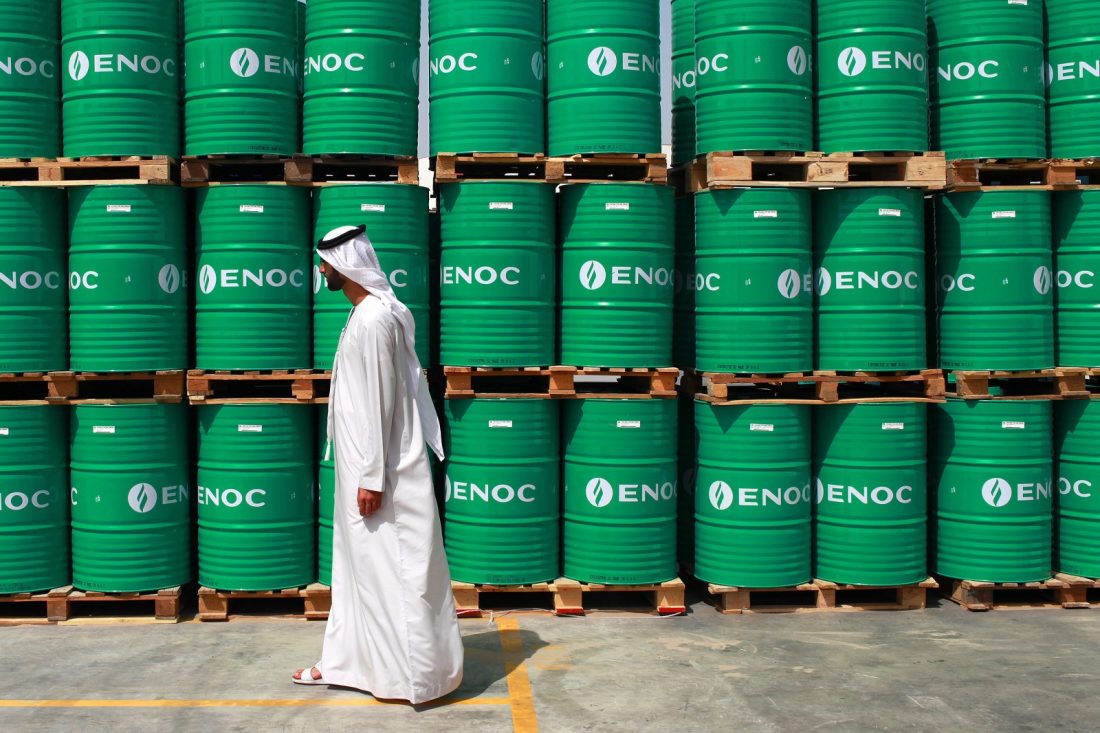The global oil crisis triggered by the COVID-19 pandemic has resulted in a crash in crude oil prices, which in turn poses a risk to some Nigerian banks.
The oil crisis is also affecting Nigeria’s indigenous crude oil-producing firms as demand for crude has fallen immensely as various countries employ lockdown measures to slow the spread of coronavirus.
This situation poses a serious threat to Nigerian banks. A report on Friday, April 24, 2020 from Bloomberg suggests that independent oil-producing firms in Nigeria, which pump some 400,000 barrels of crude oil per day (about a fifth of the country’s crude oil output), risk causing some liquidity crisis among some of the local banks that finance them.
Some of the indigenous oil firms that are going through this crisis include Eroton Exploration & Production Company, Aiteo Group, Shoreline, Seplat Petroleum Development Company, and others.
The independent oil-producing firms account for about 90% of the $8 billion that is being owed to financial institutions, including local banks. While a portion of those loans was hedged at $50 per barrel, a greater percentage of them were not. This thereby raises the risk of default by the oil firms.
According to data from the Central Bank of Nigeria, CBN, about a third of loans by the Nigerian banks were given to oil firms, although some of their transactions are hedged.
On Saturday, April 25 2020, Brent crude sold at slightly above $21 per barrel, while Bonny Light sold for slightly above $16 per barrel.
This will significantly affect the ability of the independent oil producers to meet their debt obligations to local banks, as they will need crude oil to sell between $35 and $40 per barrel in order to stay in business.
While commenting on the situation, the chief executive officer of Shoreline Group, Kola Karim, said:
“Government needs to come up with the independents and the other oil producers, a financial rethink of the funding mechanics for the industry, if not we’ll see a total collapse which in turn will drag down the banks.”
Source: Bloomberg







